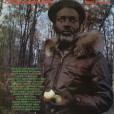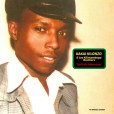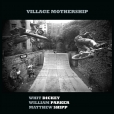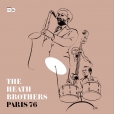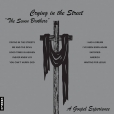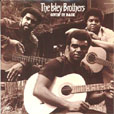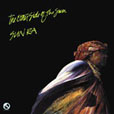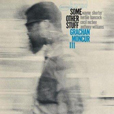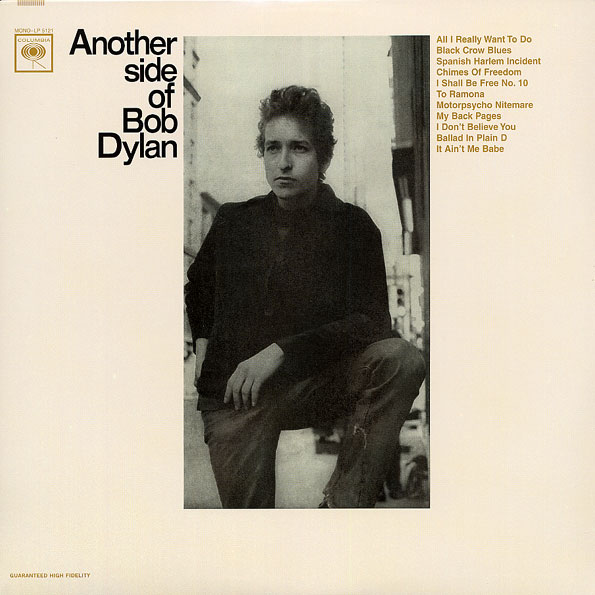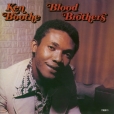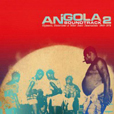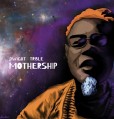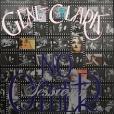Your basket is empty

A fresh iteration of the mid-eighties LP (itself a compilation of recordings from the previous five years or so), replacing two tracks — Dancing In The Rain and All Things — with their full 12” versions.
This is a deeply personable, expert, limber blend of roots and lovers, kicking off with an exclusive mix of the deadly Mash Down Babylon; dropping classic, lush, spaced-out Wackies dub science to close; and taking in reworkings of Lickshot, Billie Jean and The Righteous Flames’ I Was Born To Be Loved, along the route.
The moniker ‘Chosen Brothers’ is Lloyd Barnes’ spiritual way of sharing the credit for his solo projects. “Anyone in the studio at the time could be a Chosen Brother,” he says. In this case a full crew includes Sugar Minott and Prince Douglas at the desk; Jah Batta, Milton Henry, Wayne Jarrett and Junior Delahaye all on backing vocals; and such dream-team Bullwackies instrumentalists as Clive Hunt, Jerry Johnson, Fabian Cooke and Ras Menelik.
‘An unshackled mind melt of amorphous Berlin School electronics, glistening guitar tones, snatches of disembodied voices and rumblings of percussive melody… an invitation to introspection, turning sky-seeking kosmiche towards a resonant, contemplative core… too busy to be ambient, too zonked to be rock, instead resting on a modern psychedelic perch of its own somewhere in between.’
The recording of a performance at Studio 104, Maison de la Radio, recycling One for Juan from Jimmy Heath’s Love And Understanding LP for Muse, and Watergate Blues and Smilin’ Billy, both from the Bros’ recent Marchin’ On LP.
‘That was the first Heath Brothers album. Stanley Cowell had started the Strata-East label with Charles Tolliver, and they engaged us to do a record. It was a family affair, and we adopted Stanley because we thought he was amazing. That was a different type of record for us. We recorded it while we were on tour in Oslo, Norway. We used to get on the train and travel around Europe, and we’d be playing in these cabins on the train. Percy played a bass with a cello body that Ray Brown created, Tootie and I played flutes, and Stanley played a chromatic African thumb piano. People would stop and listen to us on these trains going from one country to the next, and it was something that they liked. It was like a chamber-music group. So we decided to include that sound on the record.’
The version of Smilin’ Billy is a show-stopper.
Ace, late-seventies set, warmly buoyant and inimitably baggy, including Space Is The Place.
Six reeds (including John Gilmore and Marshall Allen), three trumpets (including Michael Ray and Eddie Gale), two trombones (with a young Robin Eubanks), the French horn of Vincent Chancey, guitarist Dale Williams, three bassists, four percussionists, singer June Tyson and of course Ra on keyboards.
From 1963, following stints for Jackie McLean on One Step Beyond and Destination… Out!, this is maybe the great trombonist’s best record, with Wayne Shorter, Herbie Hancock, and Tony Williams — all involved with Miles around this time — and Cecil McBee. Four Moncur originals: bold, free, forward-looking music; but expansive and assured, never forced. ‘Some other stuff’; not full of itself, but a bit different. Try The Twins — dedicated to his two brothers — for a better sense of his musical good humour.
